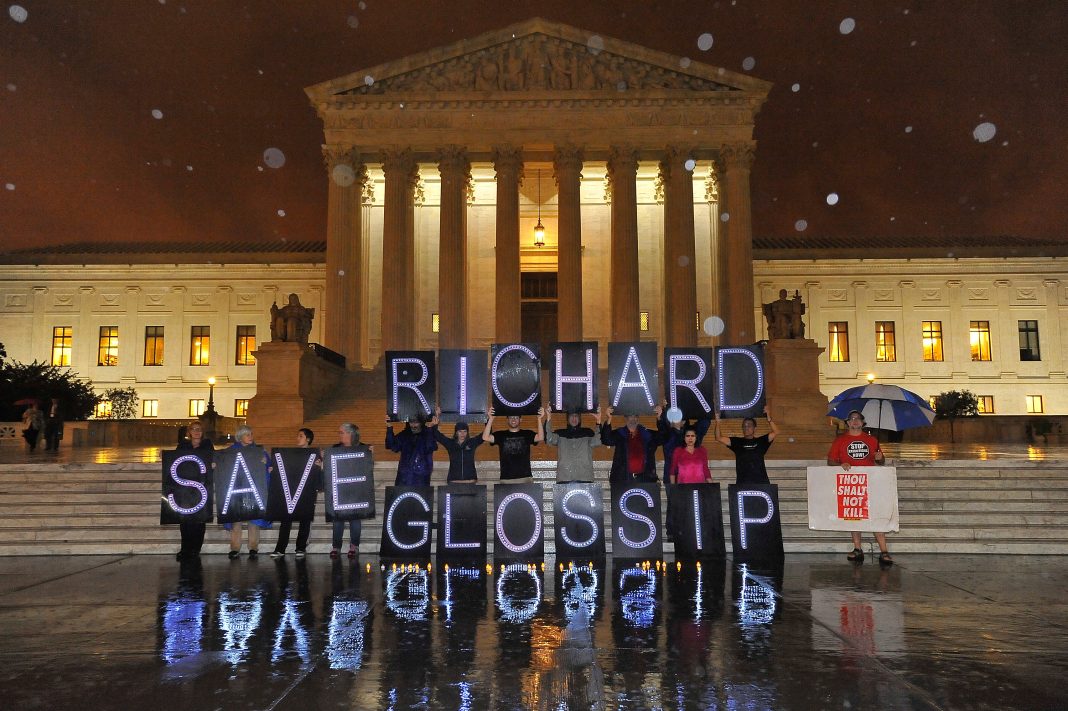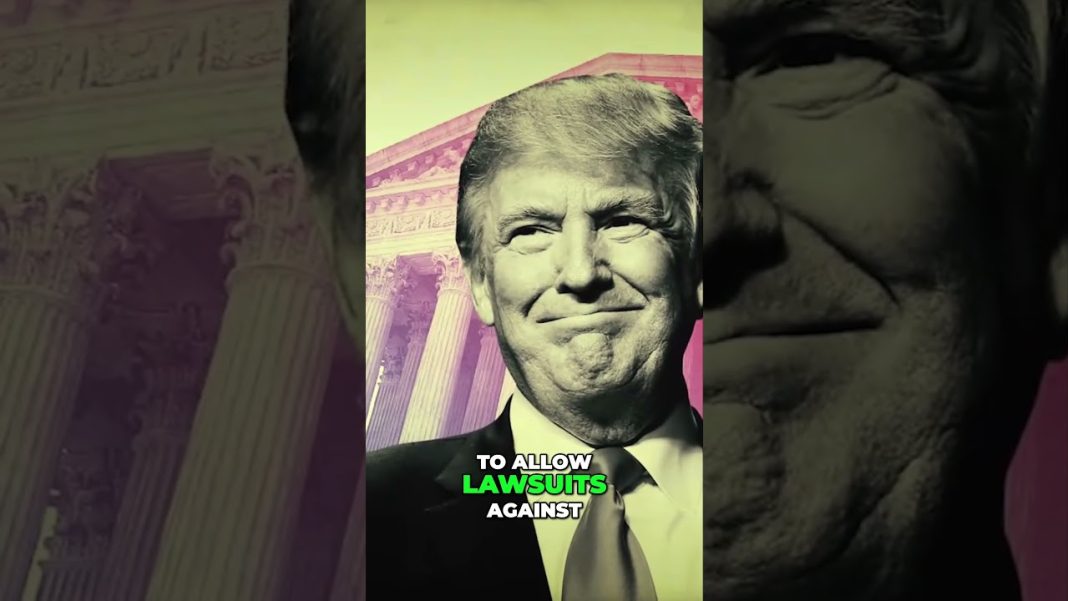Introduction:
Lawyer Christopher G. Michel is advocating for the execution of Richard Glossip, who has been on death row in Oklahoma for over two decades for the murder of his boss in 1997. Michel argues that Glossip is guilty and that the U.S. Supreme Court should not stand in the way of his execution. However, Oklahoma Attorney General Gentner Drummond has taken unprecedented action to spare Glossip’s life, citing prosecutorial misconduct in the case. The Supreme Court has appointed Michel to argue in favor of Glossip’s execution, despite Drummond’s opposition.
Uncovering Prosecutorial Misconduct:
The case against Glossip was based primarily on the testimony of Justin Sneed, a maintenance man who admitted to the murder but implicated Glossip as the mastermind. However, new evidence has emerged that supports Glossip’s claim of innocence. Witnesses have described Sneed as manipulative and capable of committing the crime on his own. Additionally, recently released case documents reveal serious prosecutorial misconduct. Sneed gave false statements during Glossip’s trial, and prosecutors were aware of this but failed to correct his testimony. Sneed’s mental health and drug use were also significant factors that could have affected his ability to accurately recall the events of the crime.
The Role of Michel:
Michel, a seasoned Supreme Court litigator, has been appointed by Chief Justice John Roberts to argue in favor of Glossip’s execution. In his brief to the court, Michel dismisses Drummond’s concerns about prosecutorial misconduct and argues that the court is not obligated to consider them. He suggests that knowing the full story about Sneed’s mental health and drug use would not have changed the outcome of Glossip’s trial. However, Glossip’s lawyers argue that the note regarding Sneed’s diagnosis and treatment is part of a larger pattern of prosecutorial misconduct aimed at shoring up the state’s case against Glossip.
The Importance of Legal Principles:
The current dispute before the Supreme Court revolves around three key legal principles designed to protect criminal defendants and ensure the integrity of judicial proceedings. The state’s failure to turn over notes regarding Sneed’s mental health violated the principle of disclosing exculpatory evidence. Smothermon’s failure to correct Sneed’s false testimony violated the principle of ensuring truthful witness testimony. Glossip’s lawyers argue that these violations, along with other evidence of prosecutorial misconduct, should be considered cumulatively to determine the impact on the case.
The Need for Further Examination:
Glossip’s legal team has requested an evidentiary hearing to fully vet the evidence of prosecutorial misconduct. However, their request has been rejected by the Oklahoma Court of Criminal Appeals. Michel’s brief suggests that a remand for further fact development may be necessary instead of vacating Glossip’s conviction outright. This would allow for a more thorough examination of the evidence and potentially avoid a hasty decision on Glossip’s fate.
Potential Consequences:
If the Supreme Court rules in favor of Glossip’s execution without considering the evidence of prosecutorial misconduct, it could have dire consequences for criminal defendants nationwide. Legal scholars warn that such a decision would give prosecutors free rein to make decisions that could compromise the integrity of judicial proceedings and increase the problem of false testimony. This could erode public confidence in the courts’ commitment to judicial integrity.
Conclusion:
The case against Richard Glossip is not as straightforward as lawyer Christopher G. Michel would have it seem. Evidence of prosecutorial misconduct and the potential for wrongful conviction raises serious doubts about Glossip’s guilt. Oklahoma Attorney General Gentner Drummond has taken unprecedented action to spare Glossip’s life, citing these concerns. The Supreme Court’s appointment of Michel to argue in favor of Glossip’s execution disregards the need for further examination of the evidence. The court’s ruling in this case could have far-reaching consequences for criminal defendants and the integrity of judicial proceedings.


